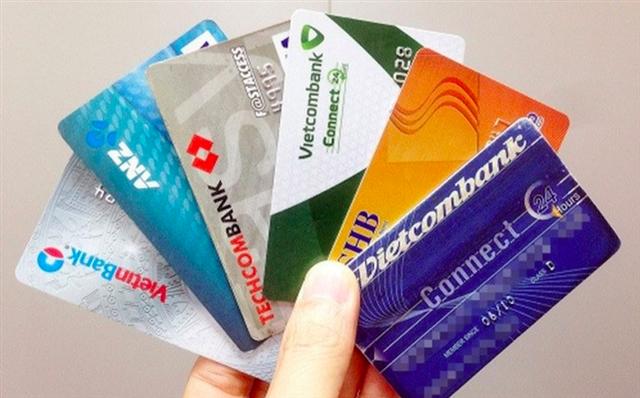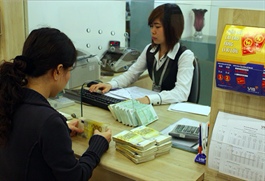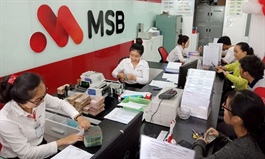Vietnam banks required to issue chip cards from March 2021
Vietnam banks required to issue chip cards from March 2021
As of the end of the third quarter, Vietnam has around 93.78 million bank cards in circulation, in which the majority are magnetic cards.
Banks in Vietnam are required to issue chip cards instead of the current magnetic ones from March 31, 2021.

Magnetic cards would no longer be used from March 31, 2021.
|
The move was stipulated in a recent revised circular issued by the State Bank of Vietnam (SBV), the country’s central bank, aiming to ensure greater payment security and promoting non-cash payment methods.
In previous piece of legislation, banks were asked to replace all current bank cards with chip cards by December 31, 2021, which means the deadline for banks to issue new chip cards have now been cut short.
According to the SBV, the decision is necessary to put banks under pressure of moving forward with new changes, while urging lenders to allocate required personnel and funds to ensure the changing process goes smoothly without any inconvenience for customers.
“The newly-issued circular will help prevent banks from issuing magnetic cards and alters the government’s plan for using chip cards from 2021,” stated the SBV.
The SBV also extended the deadline for ATM and point-of-sales (POS) in Vietnam to accept chip cards in payment, which is in line with the current digitalization processes at banks.
As of the end of the third quarter, Vietnam has around 93.78 million bank cards in circulation, in which the majority are magnetic cards.
According to GlobalData’s 2019 Banking and Payments Survey, cash is still the most preferred payment mode for e-commerce purchases in Vietnam, accounting for 35.6% in 2019.
Alternative payment solutions are gradually gaining ground and accounting for a 15.5% share. MoMo is the most preferred payment solution in Vietnam, followed by PayPal.
A plan on non-cash payment in Vietnam in the 2016-20 period approved by Prime Minister Nguyen Xuan Phuc visioned that by the end of 2020, the ratio of cash transactions will be reduced from 90% in 2016 to below 10%.























